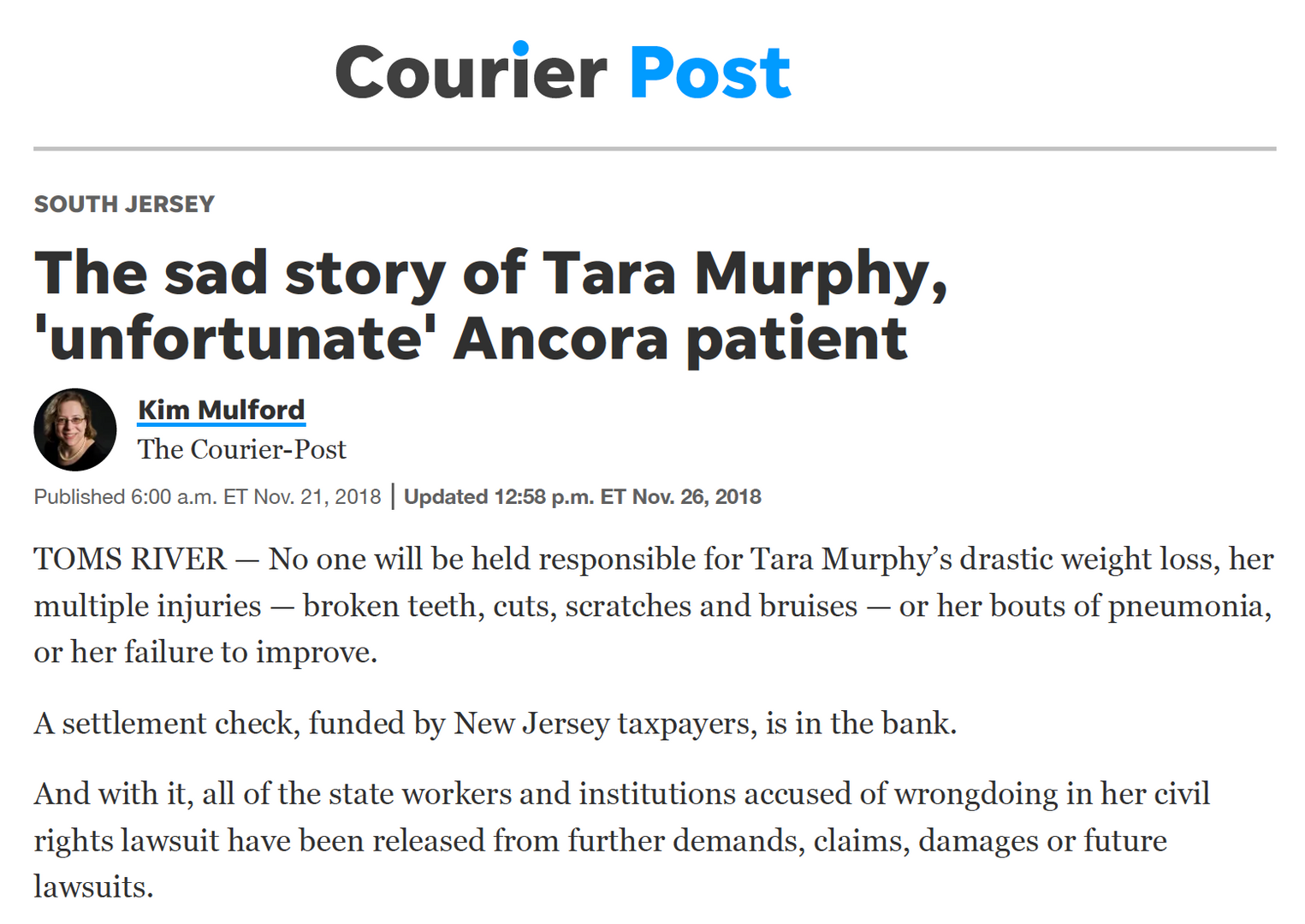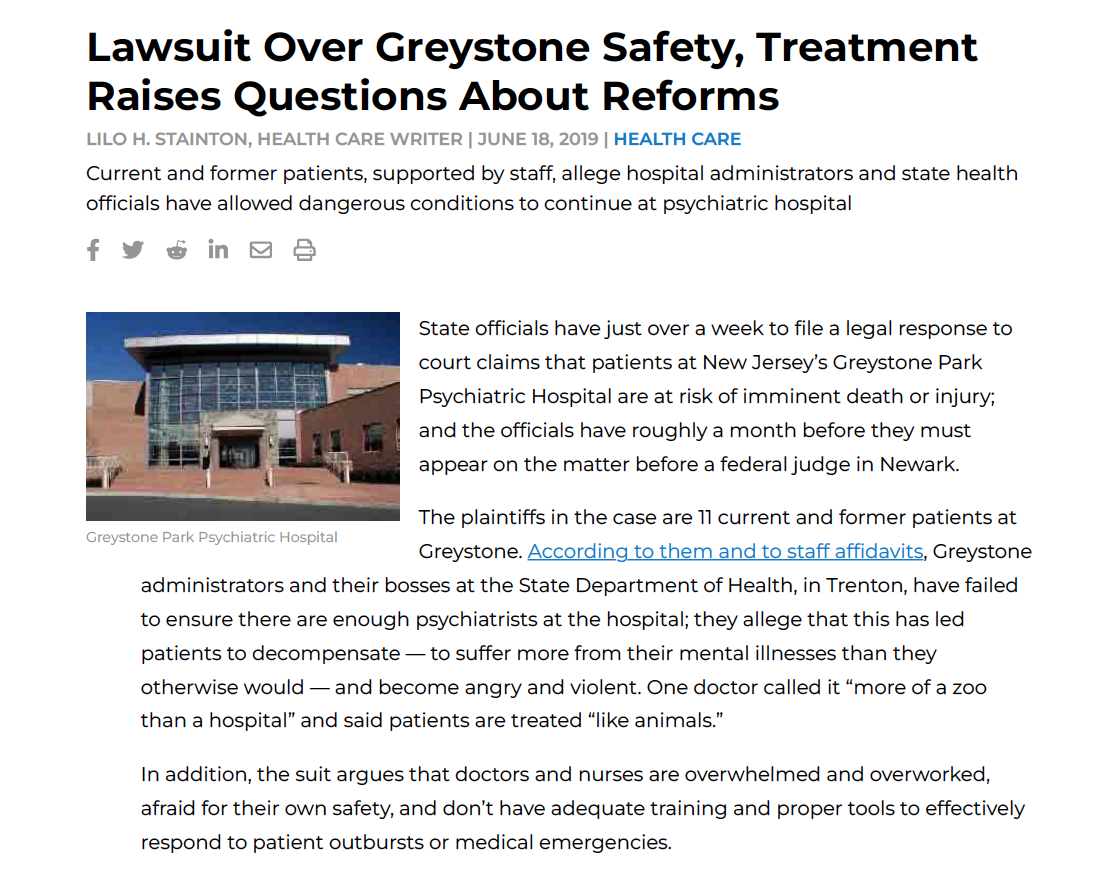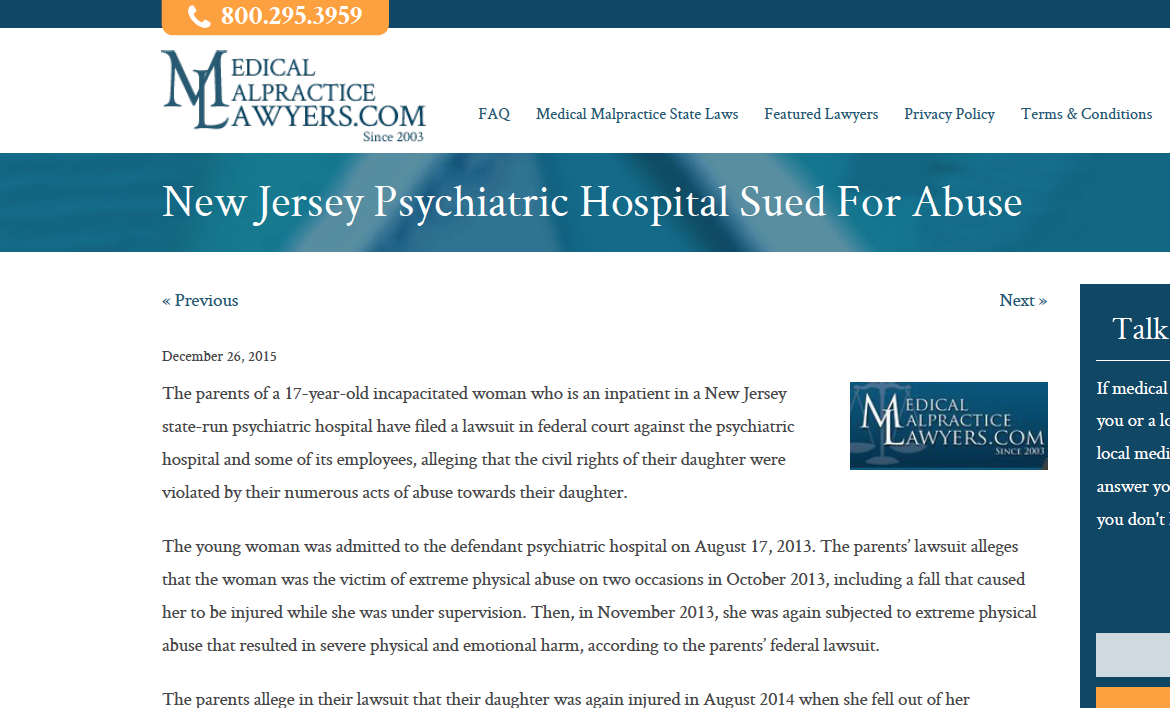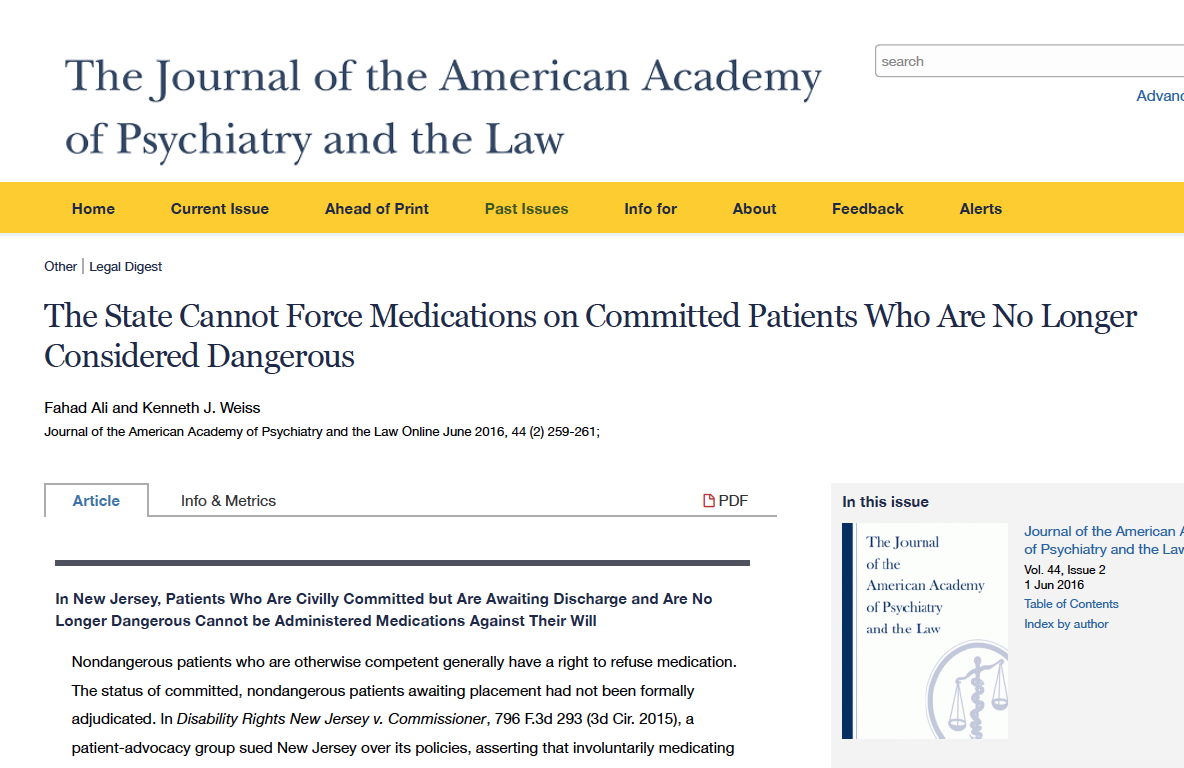Although the patient seeks help and care, sometimes this type of patient does not readily accept what is offered. Providers categorize these individuals into three catagories: difficult patients, care avoiders, consists of severely psychotic patients who do not consider themselves ill and who view mental health care as interference. The second group, care seekers, consists of patients who have chronic mental illness yet have difficulty maintaining a steady relationship with caregivers. The third group, care claimers, consists of patients who do not need long-term care but need some short-term benefit that mental health care offers, such as housing, medication, or a declaration of incompetence.




Certain difficult diagnoses evoke negative reactions from professionals, independent of the patient's actual behavior.
Patients who do not fit into the system, because their problems differ from those of the mainstream, run a high risk of being labeled as difficult. This situation also occurs with patients who have alternative, nonmedical explanations or solutions for their health problems, such as maintaining a healthy lifestyle instead of using medication
MENTAL ILLNESSES
A wide variety of disorders fall under the umbrella of mental illness, and these range from mild to severe. People with mental illness suffer from disturbances in their thoughts and behavior, which may affect their ability to cope with ordinary life situations and obligations.
Mental illness can be caused by traumatic experiences that involve abuse, neglect or violence. Other factors may include genetic predisposition, biochemical imbalances or excessive stress brought on by debilitating medical conditions. Nurses may come in contact with patients who have these mental illnesses:
Bipolar disorder.
Eating disorders.
Major depression.
Obsessive-compulsive disorder.
Panic disorder.
Personality disorders.
Phobias.
Post-traumatic stress disorder (PTSD).
Schizophrenia.